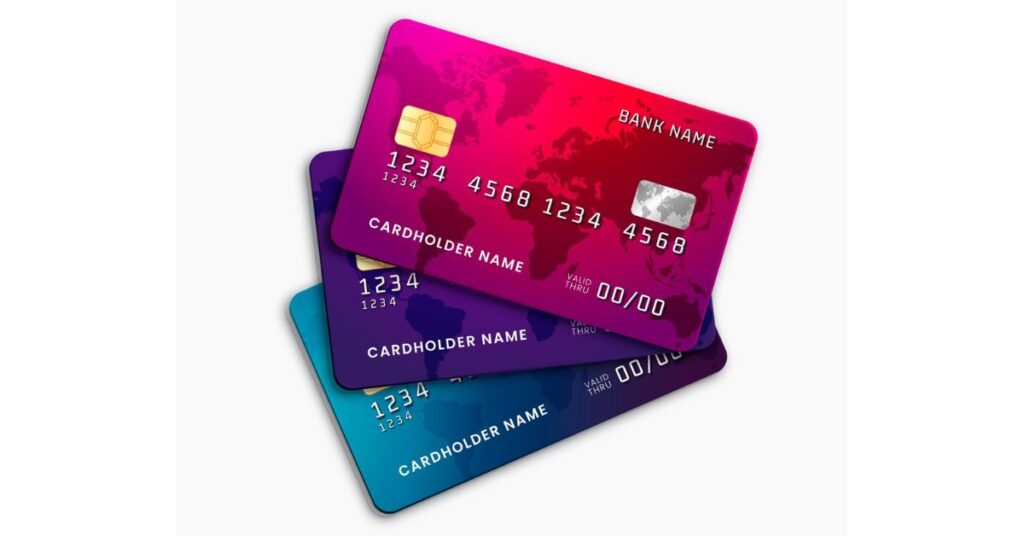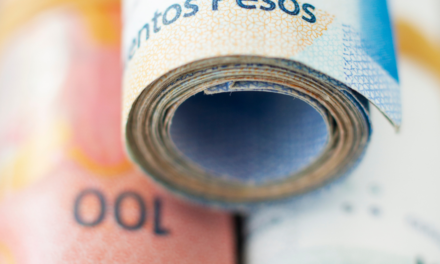Managing debt effectively is crucial to maintaining financial health and achieving long-term goals. Whether it’s credit card debt, student loans, or a mortgage, paying off your debt requires a strategic approach. With the right plan in place, you can reduce financial stress and work towards becoming debt-free. Here are some strategies for managing and paying off your credit card debt, student loans, and mortgages.
1. Credit Card Debt
Credit card debt can quickly accumulate due to high interest rates, making it one of the most challenging types of debt to pay off. Here are key strategies to tackle credit card debt:

a) Pay More Than the Minimum
Paying only the minimum required amount each month keeps you in debt longer and costs you more in interest. Try to pay as much as possible each month to reduce the principal and the interest you owe.
b) Use the Debt Snowball Method
The snowball method involves paying off your smallest debt first while making minimum payments on the rest. Once the smallest debt is cleared, move on to the next smallest. This method builds momentum as you see debts disappearing, helping you stay motivated.
c) Consider a Balance Transfer
If you have high-interest credit card debt, consider transferring the balance to a card with a lower interest rate or 0% APR for a promotional period. This can help you save on interest and pay off your debt faster. However, be mindful of any balance transfer fees and the promotional period’s expiration.
2. Student Loans
Student loans are often long-term commitments, but with smart strategies, you can pay them off more efficiently:
a) Refinance for a Lower Interest Rate
If you have good credit, refinancing your student loans can help you secure a lower interest rate. This can reduce your monthly payments or allow you to pay off the loan faster. However, be cautious of losing benefits like federal loan forgiveness programs if you refinance federal loans.
b) Make Extra Payments
Whenever possible, make extra payments on your student loans. Specify that the extra payment should go toward the principal balance, which can reduce the total interest you’ll pay over the life of the loan.
c) Explore Forgiveness Programs
If you have federal student loans, you may qualify for forgiveness programs such as Public Service Loan Forgiveness (PSLF) or income-driven repayment plans. These options can reduce the amount you owe if you meet certain criteria, like working in public service or non-profit sectors.
3. Mortgages
Mortgages are typically the largest debt most people will have in their lifetime. Paying off a mortgage early can save you thousands in interest, but it requires a well-thought-out strategy:
a) Make Biweekly Payments
By making biweekly payments instead of monthly payments, you’ll make an extra mortgage payment each year. This simple switch can reduce your loan term and save you a significant amount of interest over time.
b) Refinance to a Shorter Loan Term
Refinancing from a 30-year mortgage to a 15- or 20-year loan can significantly reduce the amount of interest you pay. While your monthly payments will be higher, you’ll own your home outright much sooner and pay less in total interest.
c) Make Extra Payments Toward Principal
Anytime you have extra cash—such as a bonus or tax refund—consider putting it toward your mortgage principal. Reducing the principal will lower the interest you’re charged and can help you pay off your mortgage faster.
General Tips for Managing All Types of Debt
a) Create a Debt Repayment Plan
Write down all your debts, including interest rates, monthly payments, and balances. Prioritize them by either paying off the highest interest rate first (debt avalanche method) or the smallest balance first (debt snowball method).
b) Stick to a Budget
A budget can help you allocate more money toward paying off debt. Track your income and expenses to identify areas where you can cut back and use those savings to pay down your debts faster.
c) Avoid Accumulating More Debt
While working on paying off your debt, avoid taking on more. If possible, avoid using credit cards or taking out new loans. Instead, focus on clearing your existing debts to improve your financial standing.
d) Build an Emergency Fund
One of the best ways to avoid falling deeper into debt is to have an emergency fund. This fund can cover unexpected expenses, like medical bills or car repairs, so you don’t have to rely on credit cards or loans.
Effectively managing and paying off debt—whether it’s credit card debt, student loans, or a mortgage—requires discipline, strategy, and patience. By adopting these repayment methods and staying committed to your goals, you can steadily reduce your debt and improve your financial health. Remember that each step, no matter how small, brings you closer to a debt-free future.





